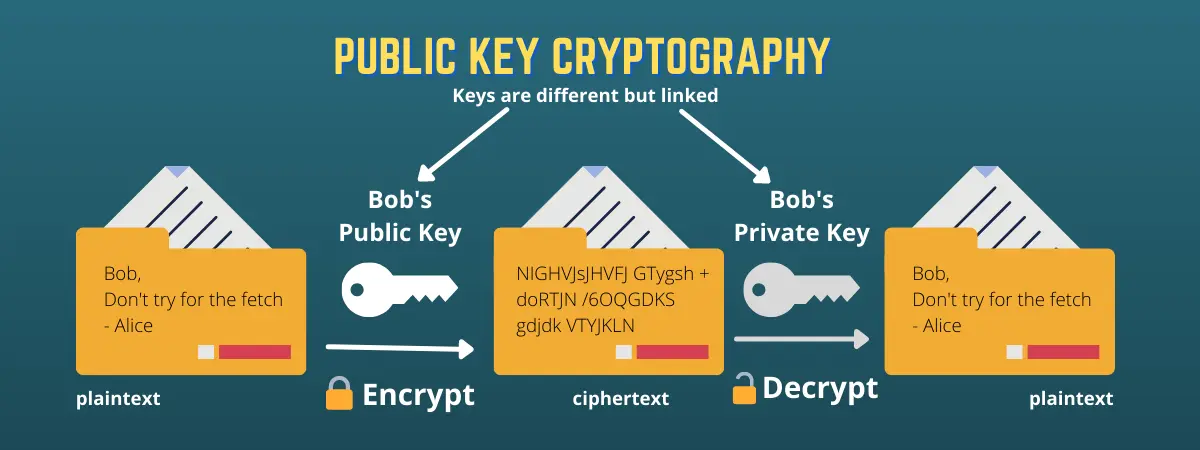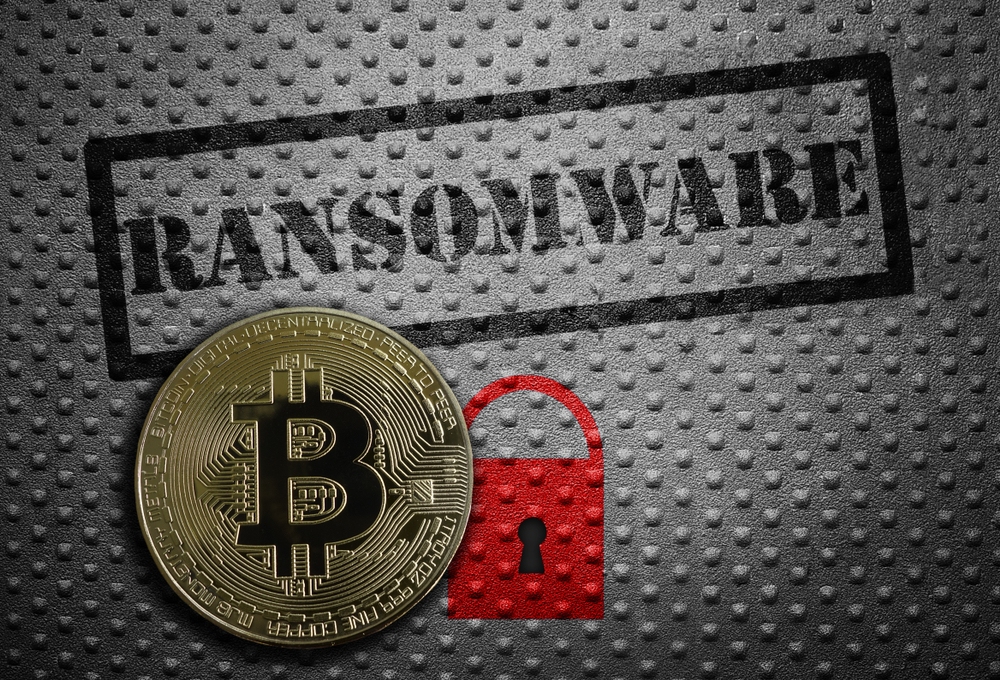Intro
Protecting your business data from ransomware attacks is more important than ever. Traditional methods may no longer be effective, so it's time to explore new solutions.
One such solution is blockchain technology, which can be a game changer in preserving the authenticity of your data.
Main Takeaways
- Ransomware-as-a-service is a growing threat, but safeguarding measures, including blockchain technology, can provide robust security for your business data.
- Traditional anti-ransomware solutions often fall short against new threats, underscoring the need for blockchain's decentralized and encrypted framework.
- Choosing a blockchain-aware solution provider can substantially beef up your defenses.
- Businesses can stay a step ahead of cybercriminals and ensure the security and authenticity of their valuable data by proactively adopting blockchain technology.
Understanding Ransomware Attacks
Imagine this: a cybercriminal infiltrates your system, encrypts your files, and demands a ransom to restore access. They exploit your dependence on your own data.
Often, they gain entry through deceptive email links or attachments. Sometimes, it's as simple as a seemingly harmless email that tricks you into revealing your password.
It may sound terrifying, but you aren't defenseless. There are measures you can take to safeguard your business.
Begin by regularly backing up your data. This way, even if your files are held hostage, you can restore them from a secure backup. It's also crucial to use strong and unique passwords. By doing so, you make it more difficult for attackers to breach your system.
Additionally, exercise caution when encountering suspicious links. Refrain from clicking on them, as they may lead to malicious websites or initiate the download of harmful files.
The Rise of Ransomware-as-a-Service
Ransomware-as-a-Service (RaaS) is a growing threat that you need to be aware of and protect against. Unlike traditional ransomware attacks, RaaS allows even individuals with limited technical skills to launch attacks.
Cybercriminals offer easy-to-use tools for a fee, and they take a cut of the ransom once the attack is successful. This simple and frightening model has become increasingly popular, leading to a rise in ransomware attacks.
Challenges With Current Anti-Ransomware Solutions
Current anti-ransomware solutions have their own challenges. Many of these tools rely on signature-based detection, which is good at identifying known ransomware types.
However, they struggle when it comes to new and unknown variants. This means that these solutions may not always be able to detect the latest ransomware threats.
Another issue with current anti-ransomware solutions is that they can sometimes produce false positives and false negatives.
This means that they may mistakenly identify harmless files as ransomware or fail to detect actual threats. This can lead to unnecessary panic or missed opportunities to protect against ransomware attacks.
Given these limitations, it's important to explore alternative methods to strengthen defenses against ransomware. One potential solution is blockchain technology.
Blockchain: A Potential Solution
Blockchain technology has the potential to address the challenges posed by current anti-ransomware solutions. Let's explore how:
- Blockchain's decentralized nature makes it difficult for cybercriminals to exploit.
- All transactions recorded in a blockchain are encrypted.
- The tamper-proof and secure digital transaction record provided by blockchain technology can prevent the spread of ransomware and other cyber threats.
The Role of Encryption in Blockchain

Blockchain uses advanced cryptographic techniques to make sure that your information is secure and private.
When you make a transaction on the blockchain, it gets encrypted with a digital signature. This unique combination of numbers and letters verifies that the sender is authentic.
Each block of data in the blockchain is also connected to the previous one through a special code called a hash value. This code is created using a mathematical function, making it almost impossible to alter or tamper with the data.
If someone tries to change anything in a block, the hash function will detect it and change the hash value. This alerts the entire network, making it difficult for hackers to manipulate the blockchain.
Benefits of Blockchain for Data Authenticity
Blockchain technology’s decentralized storage and tamper-proof ledger offer robust protection against ransomware attacks.
- Decentralized storage: It means that data isn't stored in a single location but rather across multiple points. This makes it extremely difficult for anyone to alter or forge the data. By distributing the data in this way, blockchain ensures its integrity and authenticity.
- Tamper-proof ledger: Once data is recorded on the blockchain, it becomes immutable, meaning it can't be changed. This adds an extra layer of security, as no one can tamper with the recorded information without leaving a trace. This feature is crucial for maintaining the authenticity of data.
- Transparency and tracking: Every transaction recorded on the blockchain can be tracked and verified, ensuring that the data remains intact and secure. Unauthorized changes become almost impossible, as any attempt to modify the data would be easily detectable.
Choosing Blockchain-Aware Solution Providers
Choosing the right solution provider is essential to protect your business from ransomware threats. Look for providers who have a good understanding of blockchain technology.
Blockchain's decentralized nature and encryption features can help safeguard your data and ensure its authenticity and integrity.
When selecting a provider, consider their experience and expertise in integrating blockchain with existing security systems.
For instance, understanding the security of Proof of Stake (PoS). This consensus model, characterized by its cost and energy efficiency as well as its rigorous defense capabilities, could be highly beneficial in staving off ransomware threats.
The right solution provider, who is aware of the benefits and challenges of blockchain, can significantly strengthen your defenses against ransomware attacks. So, choose wisely and protect your business effectively.
Conclusion
Blockchain is a reliable and innovative solution for safeguarding your business data. Its decentralized structure and immutability make it difficult for cybercriminals to compromise your data.
Don't wait until it's too late – take proactive steps to protect your data by exploring blockchain-aware solution providers.
With blockchain, you can stay one step ahead of cybercriminals and ensure the security of your valuable information.
